Mientras se acerca la segunda vuelta de las elecciones presidenciales en Ecuador el 2 de abril, se mantiene la ventaja del candidato oficialista Lenín Moreno (Alianza PAÍS) ante el banquero Guillermo Lasso (CREO-SUMA), según sondeos de 15,4%.
Días pasados, el diario argentino Página 12 reveló que Lasso incrementó su riqueza en los paraísos fiscales de Panamá, Caimán y Delaware con 49 empresas offshore a nombre de sus familiares: el candidato neoliberal acumuló, entre 1999 y 2000, una riqueza de 30 millones de dólares. En 1999, la fortuna de Lasso era de 1 millón de dólares, durante la peor crisis financiera de la historia ecuatoriana. El hecho pone en riesgo la candidatura de Lasso ya que, a través de consulta popular el 19 de febrero, los ecuatorianos decidieron que ningún servidor público puede tener bienes en paraísos fiscales para desempeñar sus funciones.
La joven diputada Gabriela Rivadaneira (Alianza PAÍS), presidenta de la Asamblea Nacional de Ecuador, una de las mujeres más votadas en el país andino y víctima de un intento de asesinato semanas pasadas, comenta en la siguiente entrevista la coyuntura ecuatoriana que vive, hace diez años desde que Rafael Correa asumió la Presidencia, los más significativos cambios políticos, económicos y sociales de su historia y uno de los más exitosos de América Latina convirtiéndose, así, en uno de los protagonistas de la integración regional, tan bombardeada por las élites locales y por las fuerzas imperiales.
Con sólo 14 años de edad, la líder parlamentaria Gabriela Rivadaneira comenzó el activismo político en un movimiento cultural. Gaby, como es popularmente conocida en su país, fue concejal, alcalde de la provincia de Imbabura, y en 2011 se convirtió en gobernadora. Dos años más tarde fue elegida diputada con 3,5 millones de votos, algo histórico para una política femenina. También es la mujer más joven a presidir el Parlamento ecuatoriano.
A continuación, la entrevista completa con La Guerrera, Gabriela Rivadaneira.
Edu Montesanti: ¿Cuáles han sido los grandes logros impulsados por la Revolución Ciudadana en general, especialmente en favor de las mujeres, de los marginados, de las minorías en fin, de los derechos humanos? En cuanto a usted, particularmente, cuáles han sido las principales conquistas en favor de la Revolución Ciudadana como Asambleísta?
Diputada Gabriela Rivadaneira: Los cambios han sido tantos y tan profundos que no podría enumerarlos aquí sin extenderme varias horas. Cuando decimos que vivimos no una era de cambios en el país, sino un cambio de era, realmente nos referimos a una revolución estructural que atraviesa todos los ámbitos, con ejes muy claros, como son la recuperación del Estado para servicio de la ciudadanía y no de las élites, la lucha contra la pobreza y el discrimen, la búsqueda de la equidad en todos los niveles, la atención a todos los territorios y a todas las poblaciones.
El proceso constituyente trastocó la lógica del poder que se había establecido durante el neoliberalismo, y se recuperó la acción pública para iniciar un proceso de redistribución de la riqueza que es el más veloz del continente. Cumplimos las Metas las Milenio varios años antes del plazo y hemos seguido sin pausa venciendo paradigmas de siglos para romper círculos sistémicos de pobreza y miseria, que se expresaban con más rigor entre las poblaciones más vulnerables, como son los niños y adolescentes, las mujeres, los pueblos y nacionalidades, las minorías con otra orientación sexual y, ni qué decirlo, las personas con discapacidad, que constituían sin duda el mayor extremo del discrimen que vivía el país.
Los cambios son cuantitativos, pero fundamentalmente cualitativos. Hoy tenemos garantía de derechos, gratuidad y calidad en los servicios públicos, atención a la ciudadanía durante todo el ciclo de vida, hemos reducido enormemente la mortalidad materno infantil, fortalecido la medicina preventiva en todo el país, y con la recuperación de la seguridad social, que estaba prácticamente desahuciada, hemos logrado calidad de vida para nuestros jubilados, ingresos dignos que reconocen los aportes que le dieron al país, mientras que en el año 2007 había jubilados en huelga de hambre que morían a las puertas del seguro social, pidiendo los derechos que el neoliberalismo les negaba.
Como parte de esta Revolución, he trabajado para estos logros colectivos, que son conquistas populares que vamos a defender.
El país se ha transformado de manera integral en estos años, dentro y fuera, porque ahora el mundo nos mira de manera distinta también.
En cuanto a mi trabajo como legisladora y como Presidenta de la Asamblea Nacional, me he asegurado que todas las leyes que se aprueban estén atravesadas por cinco ejes de acción, en relación a las mujeres, los migrantes, las personas con discapacidad, pueblos y nacionalidades y justicia intergeneracional.
Tenemos leyes que marcan hitos históricos, como la Ley de Justicia Laboral, que reconoce el trabajo cotidiano de las amas de casa y su derecho a una jubilación en la vejez, leyes que reconocen los derechos laborales de las trabajadoras remuneradas del hogar, que prohíben el despido de mujeres embarazadas y lideresas sindicales, leyes que castigan la violencia, los femicidios, que castigan la violencia física, sicológica, simbólica, patrimonial y obstétrica, que se ejerce todavía contra las mujeres.
Y es que no es suficiente tener políticas públicas de un gobierno de izquierda, necesitamos leyes que asienten estos mandatos en la vida de la sociedad y en ese sentido hemos trabajado desde la Asamblea. Leyes para un nuevo país, lo que por ejemplo se evidenció luego del terremoto que tuvimos en abril del año pasado, con una Ley de Solidaridad que nos permite hoy reconstruir las poblaciones afectadas, algo que nunca antes hizo gobierno alguno.
Usted afirmó al periodista Rolando Segura, en el programa Enclave Política de Telesur el 28 de febrero: “Los medios monopólicos ocultan la similitud entre el formato Macri y el formato del candidato de derecha ecuatoriano Guillermo Lasso” ¿Cómo han actuado los grandes medios durante esas elecciones? Ante eso, ¿cómo han actuado los partidarios de Alianza PAÍS y sus apoyadores? ¿Cuál es el principal trabajo en esos 20 días de campaña para el binomio Lenín Moreno-Jorge Glas, específicamente?
Un grave problema que tenemos en nuestros países es que no disponemos de información contrastada, de análisis de profundidad, generalmente los medios corporativos se limitan a reproducir la versión que se genera desde sus matrices en países centrales y dan como cierta una información que la mayoría de las veces está claramente parcializada.
Lo vivimos en Latinoamérica todo el tiempo, con el golpe parlamentario en contra de Dilma Rousseff en Brasil, los medios la sentenciaron mucho antes que el Congreso de ese país; y lo mismo ocurre ahora con Cristina Fernández, que ya está sentenciada por medios que pretenden generar opinión pública adversa con grandes titulares. Y si a esto le sumamos el poder que tienen las redes sociales corporativizadas, es muy difícil calcular el poder real que tienen los medios. Nos quieren hacer dudar de Dilma, pero apenas si mencionan que Temer está implicado en el caso de Odebrecht y que se aprobaron recortes sociales por 20 años en el Brasil, algo inimaginable.
Y en cuanto a Macri, las similitudes son evidentes, porque se corresponden a la hoja de ruta de la derecha más cavernaria, es decir, reducción de impuestos especialmente para la banca, aperturismo total, entrega de los proyectos sociales para que lo manejen los sectores privados, para que extorsionen a la población con préstamos impagables para adquirir una modesta vivienda, o pagar estudios, o la factura del hospital. En salud, incluso Lasso ha propuesto crear una zona franca para las agencias internacionales de salud, es decir beneficios de salud para las clases más pudientes, y de la salud de los pobres no dice nada de nada, y ya sabemos por qué: lleva años diciendo que el gasto público es insostenible, que cuando llegue al poder tendrá que tomar medidas, es decir se prepara ya un escenario de recortes en el área social, de paquetazos económicos, de reducción fiscal, que afectará por supuesto a las clases más pobres.
El trabajo para esta segunda vuelta se define por una elección entre el pasado o el futuro. O seguimos adelante con esta era de crecimiento humano y social, o regresamos al modelo acumulador y elitista que nos condenó a la miseria por tantos años.
Como militantes, trabajamos puerta a puerta para compartir con la ciudadanía nuestra propuesta, nuestro proyecto, y advertir de este peligro, para alertar sobre las falsas promesas del candidato de la bancocracia, pero debemos enfrentarnos a poderosos medios de comunicación, que repiten una y otra vez una imagen falsa de un candidato que hoy se presenta como amigo de los campesinos y los jóvenes, cuando nunca antes se interesó por su bienestar. Porque siendo gerente de una entidad bancaria bien pudo crear préstamos de bajo interés para los artesanos, los pescadores, los jóvenes emprendedores, pero nunca lo hizo. Y su sueño es llegar al poder para terminar con la banca pública que hemos recuperado y que ahora concede prestaciones con un interés del 5% para mujeres, jóvenes, pequeños agricultores y empresarios, que antes debían recurrir a la banca privada, para ser extorsionados con intereses de hasta 35% anual.
Las campaña para esta segunda girará sobre quiénes somos, qué le hemos demostrado al país, y en ese sentido Lenín Moreno tiene para mostrarle al país y al mundo entero la maravillosa Campaña Manuela Espejo, mientras que Lasso tiene sobre sus espaldas el quiebre bancario, la mayor incautación de fondos privados de nuestra historia y una multitud de migrantes que fueron expulsados de su Patria por los manejos de esa bancocracia.
El 15 de febrero usted recibió “un sobre con un CD que resultó ser un explosivo de mediano alcance y capacidad letal”, anunciado en su cuenta en Twitter. Víctor Hugo Zárate, jefe de la escolta legislativa, explicó que el tipo de explosivo, de RDX y Pentrita, tiene realmente la función de terminar con la vida a quienes se dirige. Cuéntenos los detalles de eso, cómo están las investigaciones, y si se sabe quien o quienes fueron los autores del atentado en contra de su vida?
No voy a extenderme mucho en este tema. Cuando asumimos este camino político, sabíamos muy bien que afrontábamos riesgos, porque la vida de una dirigente política de izquierda, comprometida con un proyecto que toca grandes intereses, siempre está expuesta.
Sabemos que buscan provocar miedo, porque esa sería la reacción de los cobardes, pero se equivocan si piensan que vamos a frenar esta carrera por la vida y la alegría, para seguir sosteniendo e impulsando el nuevo país.
A diferencia de la derecha, nosotros no buscamos el poder para servirnos, sino para servir. Por eso esta amenaza no la tomamos como algo personal, sino como una afrenta a la voluntad sagrada del pueblo, que nos designó para representarlo en democracia.
Que sepan muy bien que las revoluciones no las hacemos las personas sino los pueblos, y que ninguna bomba puede frenar el río de la historia.
Agradezco de corazón a mi equipo de seguridad, que evitó una tragedia. Una de las colaboradoras de mi oficina está en estado de gestación y le correspondía a ella abrir la correspondencia. Imaginen qué terribles consecuencias pudo tener el evento.
Las investigaciones están en marcha, tenemos confianza en nuestra policía y sabemos que los culpables pronto aparecerán ante la luz pública.
Para terminar, como mujer y como madre, agradezco la fortaleza de mi familia y el apoyo que siempre recibo. Nunca me pedirían que abandone por la amenaza de un cobarde. Como me gusta decir, que nadie intente callarme, si nací gritando.
El presidente Correa ha denunciado constantemente una nueva Operación Cóndor en curso en la región. ¿Usted cree que la derecha ecuatoriana que disputa la presidencia con Alianza PAÍS, a través de lo que se ha denominado Campaña Sucia junto de los grandes medios, ha actuado en conexión con esa nueva Operación que, además, ha sido frecuentemente comprobada por WikiLeaks a través de la liberación de cables secretos ultrasecretos emitidos por las “embajadas” norteamericanas en los países latinoamericanos?
En Latinoamérica vivimos procesos muy similares, en cuanto a la necesidad de recuperar una soberanía que nos habían arrebatado, recuperar las instituciones públicas, la capacidad de hacer inversión pública incluso, porque en Ecuador la bancocracia llegó al extremo de prohibir por ley la inversión pública para que sea el sector privado el que genere negocios a partir de los derechos de las personas. Por eso no construyeron ni una escuela ni un hospital ni una hidroeléctrica por más de 30 años, sometiéndonos en la práctica a un atraso sistémico que llevó nuestra producción nacional a la obsolescencia y que provocó la pérdida de planes de vida de varias generaciones, sumidas en la desesperanza.
El Plan Cóndor se estableció en nuestros países como una política exógena destinada a coartar el desarrollo de la región y a encauzarlo según los intereses de las grandes transnacionales, especialmente petroleras. Si aparecía un gobierno de izquierda como el de Roldós, había que terminarlo. Y así mataron a Torrijos y a Roldós como parte de ese Plan. Y así apoyaron a las dictaduras más feroces del continente e incluso provocaron enfrentamientos bélicos entre pueblos hermanos, para cumplir sus objetivos.
La primera consigna es por supuesto impedir un proceso de integración regional. Y por eso, cuando gobiernos progresistas llegamos al poder por mandato democrático en nuestros países, se reactivó la alarma y se implementó un Nuevo Plan Cóndor, que utiliza estrategias conocidas como el calentamiento de calles por parte de la derecha, para generar condiciones para golpes parlamentarios como sucedió en Brasil y como se pretende en Venezuela. En estas mismas semanas en Ecuador salieron a las calles pequeños grupos de clase alta para presentarle al mundo una imagen distorsionada de nuestra democracia y así generar opinión pública internacional afín a sus intereses.
En toda la región se mueven hilos poderosos que valoran mucho más los intereses bancarios que la vida humana. Y por supuesto que las embajadas son puntos de contacto importantes, que sobre todo demuestran la calidad de políticos servilistas que todavía tenemos en Latinoamérica.
Pero que ni lo sueñen. Somos un país soberano, que nunca más tendrá bases militares extranjeras en su territorio ni se someterá a designios de otros países para forjar su futuro.
¿Cuáles son las marcas de la oposición, en el campo social, económico y político?
Bueno, esta pregunta es sencilla, porque se trata de opuestos muy claros.
Nosotros defendemos un modelo de redistribución de la riqueza entre la sociedad y Lasso promueve la acumulación de la riqueza en manos de una élite que decide cuánto quiere o no redistribuir.
Nosotros defendemos un Estado para la ciudadanía, que garantice derechos, y Lasso promueve un Estado que se dedique a trabajar para la empresa privada y que sea esa empresa privada la que decida qué precio le pone a los derechos de la ciudadanía.
Nosotros defendemos un modelo de inversión pública en el ser humano, mientras que Lasso define eso como “gasto”.
Nosotros planteamos la responsabilidad fiscal como fundamento del crecimiento colectivo, y Lasso pregona eliminar impuestos con lo cual no podría mantener la gratuidad ni en salud ni en educación.
Nosotros reconocemos a la mujer política como eje del cambio, y Lasso promueve una imagen femenina de acuerdo a los parámetros del Opus Dei, de obediencia y aceptación de lo inaceptable.
Nosotros trabajamos por una seguridad integral, con un ECU 9-1-1 que es un ejemplo en la región, y Lasso habla de seguridad para los capitales, para los valores, no para la gente.
Casi en todos los puntos, estamos en orillas opuestas. Y eso nos ratifica en nuestros principios.
Nosotros miramos al futuro con esperanza, mientras que Lasso ve el pasado con nostalgia. Un pasado que lo enriqueció a él, pero que generó en el país miseria, muerte y migraciones masivas.
En estos 10 años hemos hecho lo que la derecha no quiso hacer en 40 años. Y por eso están desesperados para retomar el poder, para que no sigamos con esta era de cambios.
Pero que sufran no más, porque el 2 de abril los vamos a derrotar una vez más en las urnas, porque el Ecuador ya cambió y el pasado no es una opción.
La ventaja del candidato oficialista, Lenín Moreno, fue muy grande: más de un millón de votos de diferencia en relación al segundo candidato más votado, Guillermo Lasso de Creo-SUMA. Fueron casi 12% de diferencia, faltando 0,7% para que Moreno hubiera vencido en la primera vuelta, como indicaban que sucedería tres de las cuatro encuestadoras. Además de una segunda vuelta, conmemorada por una oposición acostumbrada a perder, Alianza PAÍS mantiene mayoría en la Asamblea Nacional pero perdió bancas. El partido oficialista perdió poder en el Parlamento de Ecuador. ¿A qué se deben estos sucesos, una segunda vuelta que contraría las expectativas y una pérdida legislativa?
No tenemos pérdida legislativa, tenemos una clara mayoría otorgada por el pueblo ecuatoriano.
La diferencia con la anterior Asamblea es que teníamos las dos terceras partes y por eso pudimos en este período que concluye aprobar más de 90 leyes en beneficio del país, porque no teníamos conflictos de gobernabilidad, y eso es muy importante, especialmente en un país como Ecuador, que antes de esta Revolución tuvo diez presidentes en seis años y una diputación que impedía el proceso constituyente que exigía el pueblo.
Y la oposición no estaba festejando en las calles, estaba infringiendo la ley electoral, el silencio indispensable y lógico que se espera para poder contar los votos luego de una elección múltiple y con porcentajes delicados, en el sentido que estaban dentro del margen de error de dos de esas encuestas que mencionaste. La intención era invalidar el proceso electoral si el porcentaje necesario del 40% se hubiese concretado, porque ya se sabía a ciencia cierta que habría más de 10 puntos de diferencia. Y otra vez los medios lo presentan a nivel internacional como una demostración “a favor de la democracia”, cuando en realidad se trata de una ofensa a esa democracia. ¿Habrían ellos aceptado el resultado de una sola vuelta así como nosotros aceptamos enfrentarnos y derrotarlos nuevamente en la segunda vuelta? La respuesta es a claras luces no, porque ya estaban orquestando disturbios, se gritaba en sus protestas que se disponían a “incendiar Quito” si Lenín Moreno ganaba en una sola vuelta, y lo que es peor, con la anuencia del alcalde de la ciudad, que estuvo presto para disponer carpas y centros de comidas para quienes rompían la ley y amenazaban con incendiar la ciudad que él está llamado a proteger.
Una vez más se trata de una respuesta orquestada por unos cientos de ciudadanos que defienden sus privilegios, tratados con una gigantesca lupa por la prensa internacional derechista, que busca siempre todos los escándalos que puedan deslegitimar los triunfos de la izquierda en Latinoamérica, para hacerlos aparecer como proclamas del pueblo, que no lo son, porque la realidad es que hemos vencido a la derecha en las urnas desde el inicio de este proceso histórico, y acabamos de obtener una nueva victoria en la primera vuelta, con un millón de votos por encima del candidato de la bancocracia, y vamos a la segunda vuelta con alegría y renovado compromiso, para derrotarlos y cerrar de una vez y para siempre el capítulo neoliberal de la historia ecuatoriana.
En cuanto a la Asamblea, la democracia significa movilidad, contraposición de posiciones, argumentos y debates, especialmente en la función legislativa. En realidad se trató de un hecho inédito en el país contar en el período anterior con esa mayoría tan sólida, que nos permitió entre otras cosas cerrar el ciclo constituyente, afrontar leyes fundamentales como la de aguas, la de tierras, de semillas, de comunicación, el código integral penal que por primera vez enfrenta la figura del femicidio, entre muchas otras.
Y en el nuevo período la mayoría que tenemos nos permitirá avanzar en los proyectos y lo fundamental: detener los intentos que hará la derecha por derogar algunas de las leyes que aprobamos en este período, impedir que los avances sociales sean obstruidos e impedir a toda costa un retroceso de derechos ciudadanos.
¿Cuáles son propuestas para los próximos cuatro años a fin de acelerar el proceso revolucionario?
Acelerarlo es una manera casi imposible de decirlo, porque vamos tan rápido como podemos, y los cambios en el país demuestran cuánto se trabaja en esta Revolución.
Pero la verdad es que afrontamos una nueva etapa, de nuevos horizontes sobre todo, porque cuando estábamos en el fondo del neoliberalismo, la aspiración evidente era salir hacia la luz, tener energía, salud, vialidad, educación, justicia, seguridad, fuerzas armadas operativas, fronteras cerradas en todo el país, acuerdos de desarrollo binacionales en nuestras fronteras, derechos laborales, salarios decentes, y así la lista era interminable. Y sin olvidar la industria obsoleta, el entreguismo de nuestros recursos naturales, el modelo agroexportador primario, la falta de soberanías en todos los ámbitos, la deuda del FMI que nos extorsionaba año tras año y un nivel de pobreza de casi un aterrador 40%.
Había que solucionar todo y rápido. Y ha sido un viaje lleno de vértigo, con la fuerza del pueblo que nos respalda e impulsa.
Pero en esta nueva etapa ya tenemos cosechas que cuidar, jóvenes profesionales que se han educado en las mejores universidades del mundo que regresan al país para dar su aporte, migrantes que están retornando para invertir en Ecuador, y un nuevo modelo social que incluye la economía popular y solidaria como parte indispensable del sistema económico nacional. Además, las áreas de energía, turismo e industria se han desarrollado y necesitan más espacios.
Así que los retos son múltiples, pero estamos acostumbrados a un alto ritmo de trabajo. Necesitamos una ley que promocione el empleo juvenil, el empleo calificado para los becarios que retornan, el empleo para las mujeres y sobre todo en el área de emprendimientos.
Hemos cubierto casi el 50% de la demanda de vivienda a nivel nacional, pero en esta nueva etapa el gran desafío es dotar de vivienda digna a las familias del país, así como poder tener por fin, en el siglo XXI, agua potable y alcantarillado en todo el territorio nacional.
Vamos a implementar universidades técnicas, tenemos miles de bachilleres que quieren incorporarse a la población económicamente activa con un oficio propio, con conocimientos técnicos que les permitan crecer laboralmente. Planificamos varias universidades así en todo el país, de acuerdo a la vocación productiva de cada región.
Hemos hecho tanto, pero es tanto lo que nos falta por hacer, porque el horizonte de los derechos avanza a medida que nosotros caminamos.
La economía mundial atraviesa grave crisis. ¿Qué proyectos en este sentido tiene Alianza PAÍS, para hacer frente a eso?
Las crisis del capitalismo son cíclicas, forman parte de su estructura interna. Cuando hablamos de asuntos como paraísos fiscales, fondos buitres, burbujas financieras, burbujas hipotecarias, estamos hablando de mecanismos en el límite de lo legal y lo legítimo, que eventualmente van a colapsar.
Así ocurrió en la crisis bancaria de Ecuador en el año 99, lo mismo fue en el “corralito” argentino, el mismo principio marcó las crisis hipotecarias de EEUU en el 2009 y de España.
La gran pregunta es quién se beneficia de estas crisis y dónde esconden sus beneficios. Y ahí sí que Ecuador está marcando una gran diferencia en este momento.
Desde la Presidencia del Grupo de los 77 en las Naciones Unidas, le hemos planteado al mundo terminar con los paraísos fiscales, que son las cuevas donde se esconden los dineros mal habidos o lavados, y también los dineros robados a los pueblos.
Y por supuesto que el candidato Lasso tiene dineros en paraísos fiscales, tiene hasta un banco en Panamá, que se corresponde con esta descripción.
Y en estas elecciones, el pueblo soberano de Ecuador dictaminó en una Consulta Popular que para ser funcionario público o de elección popular, no se pueda tener fondos ocultos en estos escondrijos. El 56% del país le dijo NO a los paraísos fiscales y SÍ a la transparencia, y con este respaldo vamos a insistir en este pedido, porque no podemos de manera global enfrentar las crisis sistémicas, la corrupción y la especulación -que es lo mismo de otra manera- si no cerramos los escondites de sus tesoros.
Y por supuesto que el candidato de la bancocracia se opuso a la Consulta Popular, no faltaba más.
¿Cómo pretende adelantar la reforma agraria, algo que no se ha avanzado significativamente?
Lo que en los años setenta se llamó reforma agraria en el país, en realidad generó latifundios que acaparaban el agua y el suelo fértil junto a pequeñas parcelas de carácter familiar que eran en realidad insustentables, no se trató de un proceso de real repartición de las tierras y sobre todo no existía la posibilidad de acceder a los factores de la producción que necesitaban las familias campesinas.
Una de las demandas sociales más fuertes era tener una ley de tierras que permita una repartición de las tierras rurales improductivas y sobre todo que establezca mecanismos de apoyo a la producción de la escala popular y solidaria, una justa repartición del agua a través de una ley y la generación de encadenamientos productivos y formación de cadenas de valor para apoyar la producción agropecuaria de nuestros pequeños y medianos productores.
El capitalismo impone el egoísmo, la fría competencia, pero la sociedad necesita un sólido principio de acción colectiva, de economía solidaria, para garantizar la vida de las comunidades y la soberanía alimentaria del país.
En estos años próximos arrancará una nueva etapa en el agro ecuatoriano y veremos los resultados muy pronto. Ya el retorno es evidente, los campos están productivos, los mercados activos, los caminos expeditos, las familias siembran con esperanza y cada vez el comercio justo es la norma. Hemos avanzado, pero el gran salto cualitativo está por venir.
El economista Jorge Orbe, en entrevista a mí hace dos semanas, dijo: “Uno de los aspectos sobre los que gira la campaña electoral en Ecuador es la necesidad de generación de empleo. Más allá del enunciado general, los candidatos no han explicado las estrategias orientadas a este fin. El asunto se complica cuando, por razones de competencia y competitividad, las empresas incorporan periódicamente máquinas y herramientas que ahorran mano de obra y arrojan a vastos sectores de la población a una situación de desempleo y subempleo. En estas circunstancias, imposibilitados de vincularse a la ‘economía formal’, con el sector empresarial privado, significativos segmentos de la población urbana impulsan estrategias de supervivencia vinculadas con emprendimientos familiares y el trabajo autónomo”. En particular, añadió: “La dificultad estructural de la economía ecuatoriana para generar empleo, más aún cuando está en marcha la cuarta revolución industrial y el desarrollo de la robótica dejará a millones de personas sin empleo. Tal vez ninguno lo haga por miedo, ya que tocar en la estructura del sistema es algo sencillo y políticamente incorrecto…”. ¿Cómo usted analiza estas observaciones?
Efectivamente el tema del empleo ha sido uno de los más tocados en la campaña, pero en dos visiones distintas.
El candidato Lasso dice que tenemos una crisis de desempleo, cuando en realidad tenemos las cifras más bajas de desempleo de nuestra historia y una de las más bajas de la región, con 5%. Pero siempre el empleo es vital, porque significa esperanza, alegría, crecimiento personal y colectivo, bienestar económico para la familia, y se trata de un tema muy sensible especialmente para los jóvenes.
Pero creer que un banquero se preocupa por el desempleo es una ingenuidad extrema. Incluso la candidata socialcristiana, de la derecha más pura, criticaba a Lasso por los despidos masivos que hacía en las sucursales del banco que gerenciaba.
Cuando la derecha estaba en el poder, el salario básico no cubría siquiera el 20% de la canasta familiar, había cientos de miles de trabajadores que eran tercerizados o sea que eran ignorados en sus derechos, las trabajadoras del hogar cobraban como un favor por sus horas extenuantes de trabajo apenas 120 dólares, cuesta creer que el problema del empleo no deja dormir a la derecha.
Hoy el salario básico es de 375 dólares, es obligatoria la afiliación a la seguridad social y los accesos a derechos son gratuitos. Y por supuesto que el país quiere más empleo, queremos llegar a cero desempleo, pero no como simples empleados de banco, sino empleo pleno, empleo de calidad, de alto talento humano, de incorporación de alto valor agregado y apoyo a los emprendedores para que a su vez generen más empleo. Para eso tenemos todo un programa de apoyo para brindar capitales semilla a 20.000 jóvenes emprendedores, con acompañamiento técnico e intereses muy bajos y a largo plazo, somos un país que desea emprender y lo vamos a hacer.
Y como mencionaba antes, los planes para empleo joven, para primer empleo, para empleo de becarios retornados y de mujeres, son muy amplios y se van a implementar con más fuerza durante el gobierno de Lenín, que es un defensor del empleo como nadie, y lo ha demostrado con la inserción laboral de personas con discapacidad en el proyecto empleo pleno, que cambió la vida de miles de familias en el país y nos provocó a todos un enorme cambio cultural para volvernos sin duda, mejores seres humanos.
El presidente Correa tiene enorme popularidad, repetidas veces reconocido internacionalmente por las conquistas sociales del país en esos diez años de su gobierno, y es uno de los más populares de Latino América. El pueblo ecuatoriano es protagonista de su propia historia, y Ecuador es hoy uno de los protagonistas de la integración latinoamericana. La pregunta que todos se hacen: ¿puede que Rafael Correa se postula a la presidencia nuevamente, en 2021?
Esa es la pregunta que no deja dormir a la derecha. Parafraseando la célebre frase del Manifiesto Comunista yo diría que “un fantasma recorre las pesadillas de los neoliberales” y es que Rafael Correa regrese en un futuro no tan lejano, a responder por el amor que su pueblo le tiene y que es innegable.
Los procesos de transformación son colectivos, pero el papel de los liderazgos es fundamental y Rafael supo despertar en todos nosotros la pasión por un país distinto, la visión de que es posible enfrentarse a los más grandes poderes con la fuerza de un pueblo unido, la dignidad de querer ser nuevamente y para siempre un país con soberanía, con futuro, con esperanza. Y nos puso a trabajar todos estos años a un ritmo incansable, con la urgencia de quien necesita cambiar el país ya.
Yo creo que Ecuador y el planeta entero quieren más de Rafael Correa. Es una persona joven que luego de unos meses de descanso, se integrará en algún espacio de trabajo que ayude a seguir cambiando el Ecuador y a cambiar el mundo.
La ley permite que se presente nuevamente como candidato y en lo personal yo creo que nuestro pueblo lo deja partir ahora como reconocimiento por el trabajo y la entrega, pero no lo va a dejar irse ni muy lejos ni por mucho tiempo, como decimos en los Andes, “se va a volver” nomás, porque el hogar de Rafael es el corazón del Ecuador, donde siempre será el líder que movilizó la esperanza nacional cuando todo parecía perdido. Rafael nos contagió su optimismo, su alegría, su fe inquebrantable en el Ecuador que podemos ser y siempre será un líder para nosotros, en la Presidencia, en el partido, o en cualquier ámbito en los que nos represente, y ojalá sean muchos y muchos más.

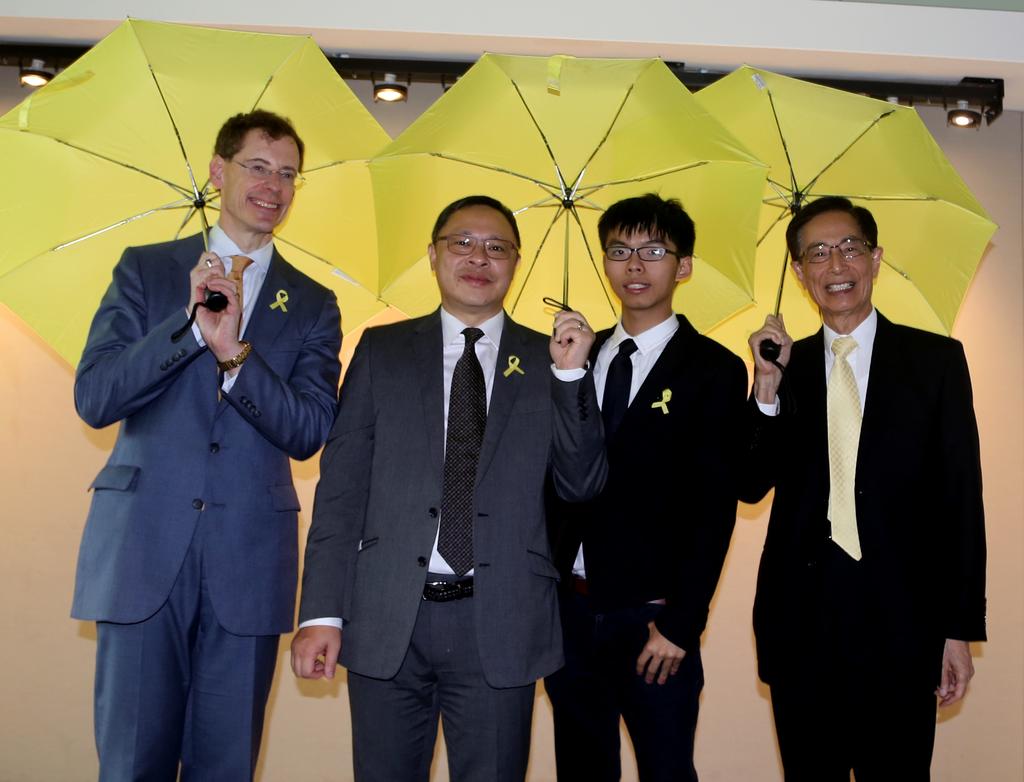




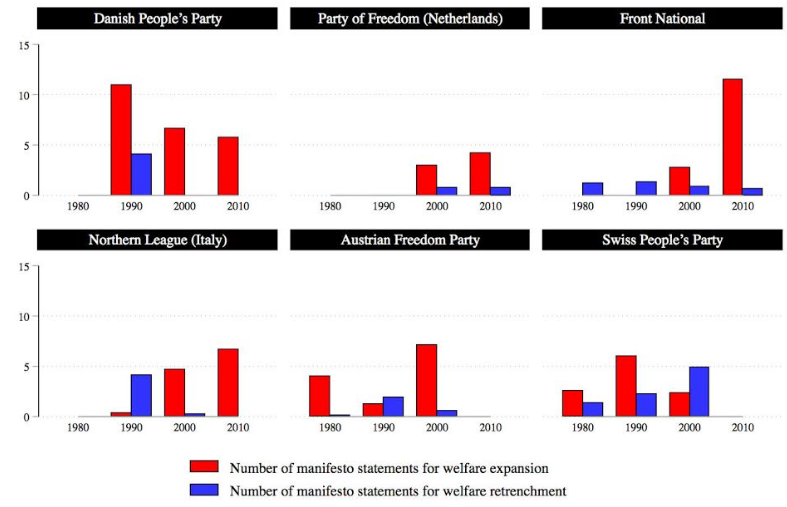

![Image of Michael Lynk, Special Rapporteur on the situation of human rights in the Palestinian territories occupied Michael Lynk [Alhadath24/Facebok]](https://i1.wp.com/www.middleeastmonitor.com/wp-content/uploads/2017/03/2017_3_21-Michael-Lynk.jpg?resize=1200%2C800&quality=75&strip=all&ssl=1)
 The US boycotted the debate on Israel and the occupied Palestinian territories in Geneva on Monday, claiming that the UN Human Rights Council is biased against Israel. The move came after the US administration announced in March that it would review its relationship with the Geneva-based council, in light of its strong focus on Israel, Washington’s ally.
The US boycotted the debate on Israel and the occupied Palestinian territories in Geneva on Monday, claiming that the UN Human Rights Council is biased against Israel. The move came after the US administration announced in March that it would review its relationship with the Geneva-based council, in light of its strong focus on Israel, Washington’s ally.




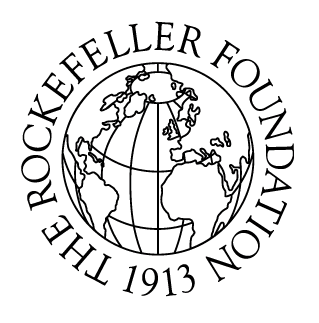


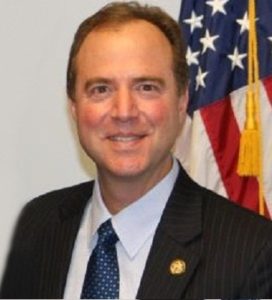
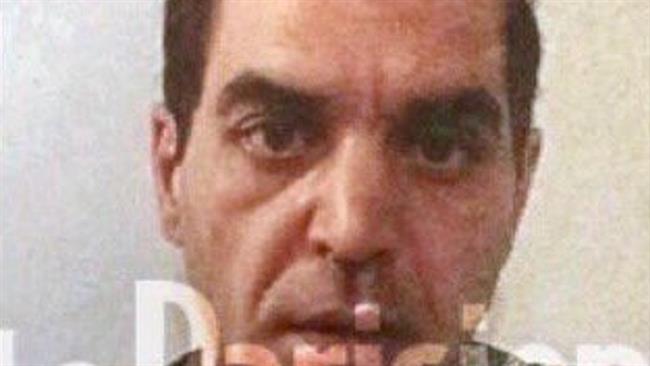
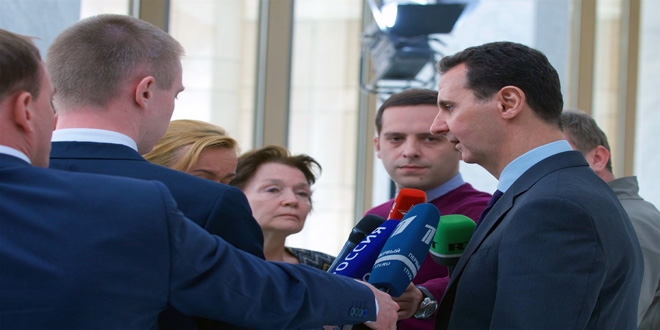
 destruction of Palmyra. Of course, some of the destruction could be repaired. Now we are evaluating, because you know if the stones turn into rubble, it could be difficult for anyone to restore this heritage, but if you have the stone safe and sound, you can do it. When we liberated Palmyra the first time, President Putin himself, when he spoke to me and congratulated me for the liberation of Palmyra last year, he said Russia was very interested in the restoration of Palmyra. Of course, as you know, ISIS came again to Palmyra, and it was liberated again, but now there’s more destruction, so we have to re-evaluate Palmyra again to see what we can do, but I think it’s not only about Syria and Russia; it’s about the UNESCO, it’s about the other institutions, and it’s about other countries that they always claim that they are worried about the human heritage and human culture and so on.
destruction of Palmyra. Of course, some of the destruction could be repaired. Now we are evaluating, because you know if the stones turn into rubble, it could be difficult for anyone to restore this heritage, but if you have the stone safe and sound, you can do it. When we liberated Palmyra the first time, President Putin himself, when he spoke to me and congratulated me for the liberation of Palmyra last year, he said Russia was very interested in the restoration of Palmyra. Of course, as you know, ISIS came again to Palmyra, and it was liberated again, but now there’s more destruction, so we have to re-evaluate Palmyra again to see what we can do, but I think it’s not only about Syria and Russia; it’s about the UNESCO, it’s about the other institutions, and it’s about other countries that they always claim that they are worried about the human heritage and human culture and so on. Question 6: My turn. Mr. President, the now infamous groups such as the White Helmets and the Syrian Observatory for Human Rights have reported recently about the airstrike by the United States-led coalition that killed 50 civilians in a mosque near Aleppo. Now, the Pentagon said they were present in the area, but they had nothing to do with the destruction of the mosque. Previously, Washington held those two groups as reliable sources when they were critical of Damascus, and now they are silent about it. Are we looking at a situation of double standards?
Question 6: My turn. Mr. President, the now infamous groups such as the White Helmets and the Syrian Observatory for Human Rights have reported recently about the airstrike by the United States-led coalition that killed 50 civilians in a mosque near Aleppo. Now, the Pentagon said they were present in the area, but they had nothing to do with the destruction of the mosque. Previously, Washington held those two groups as reliable sources when they were critical of Damascus, and now they are silent about it. Are we looking at a situation of double standards?




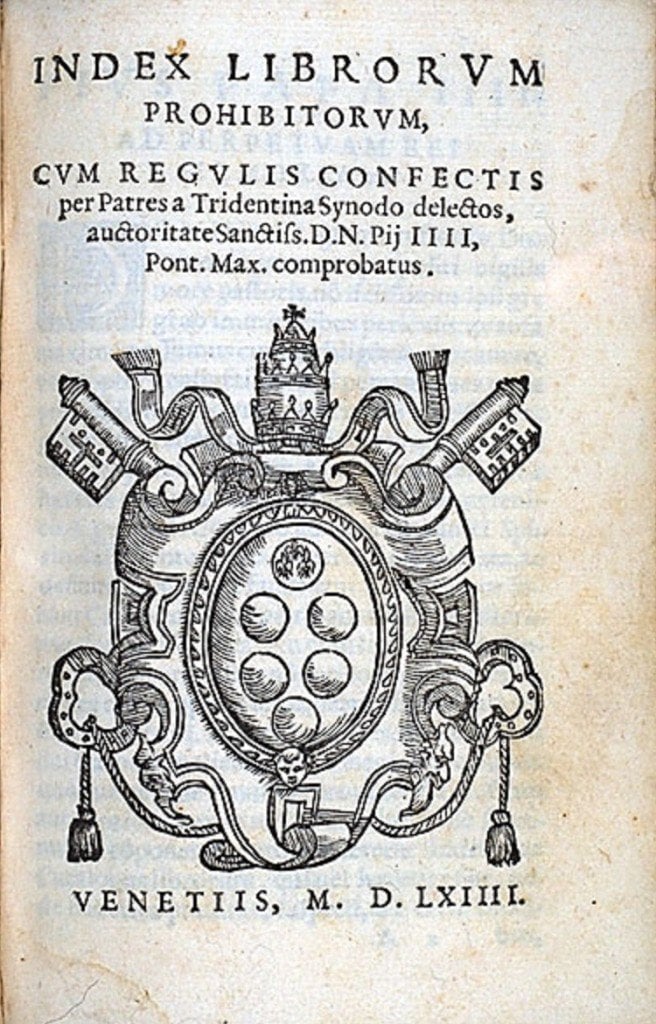
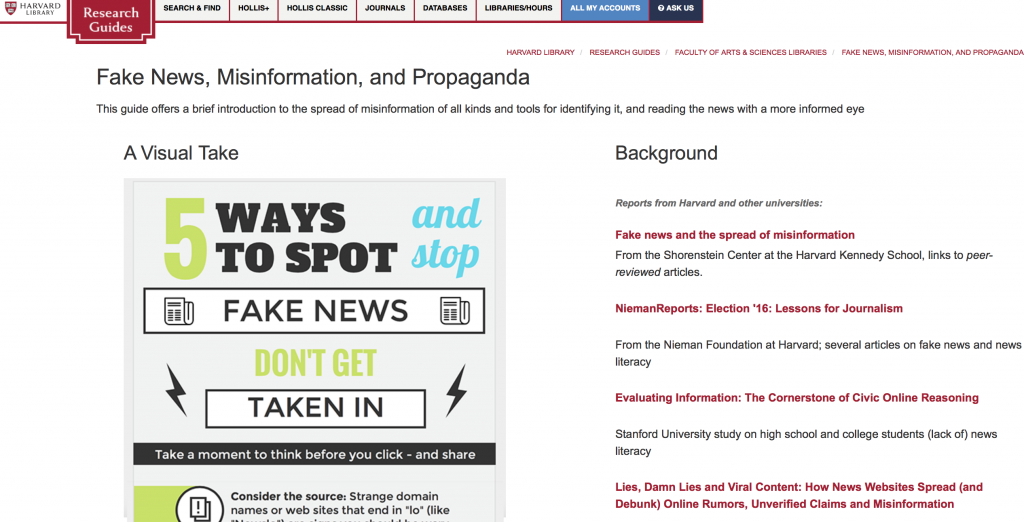

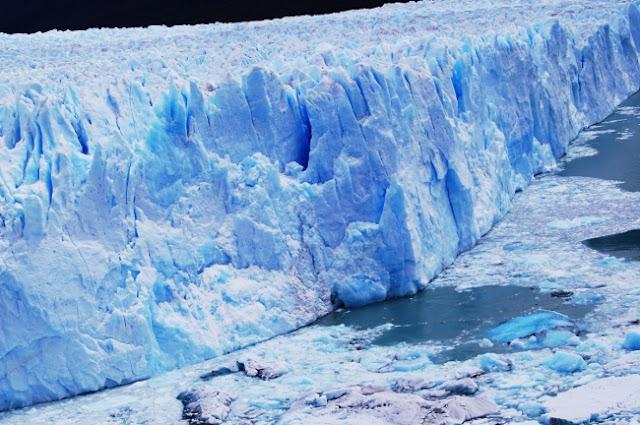
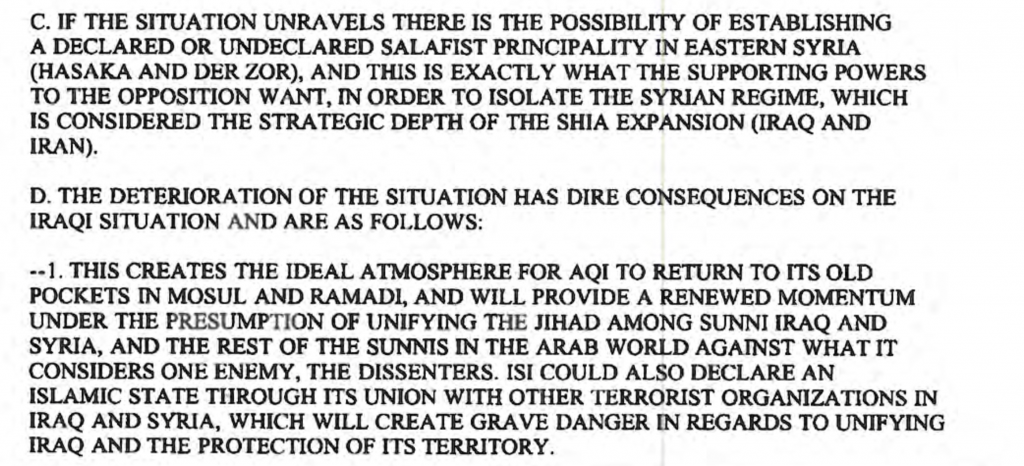
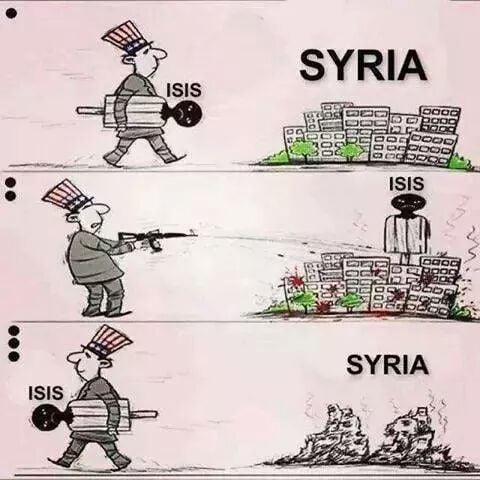




 When proxy military operations began against the Syrian state in 2011 under the cover of the US-engineered “Arab Spring,” Israel along with Jordan and Turkey, played a direct role in backing militants and undermining Damascus.
When proxy military operations began against the Syrian state in 2011 under the cover of the US-engineered “Arab Spring,” Israel along with Jordan and Turkey, played a direct role in backing militants and undermining Damascus.
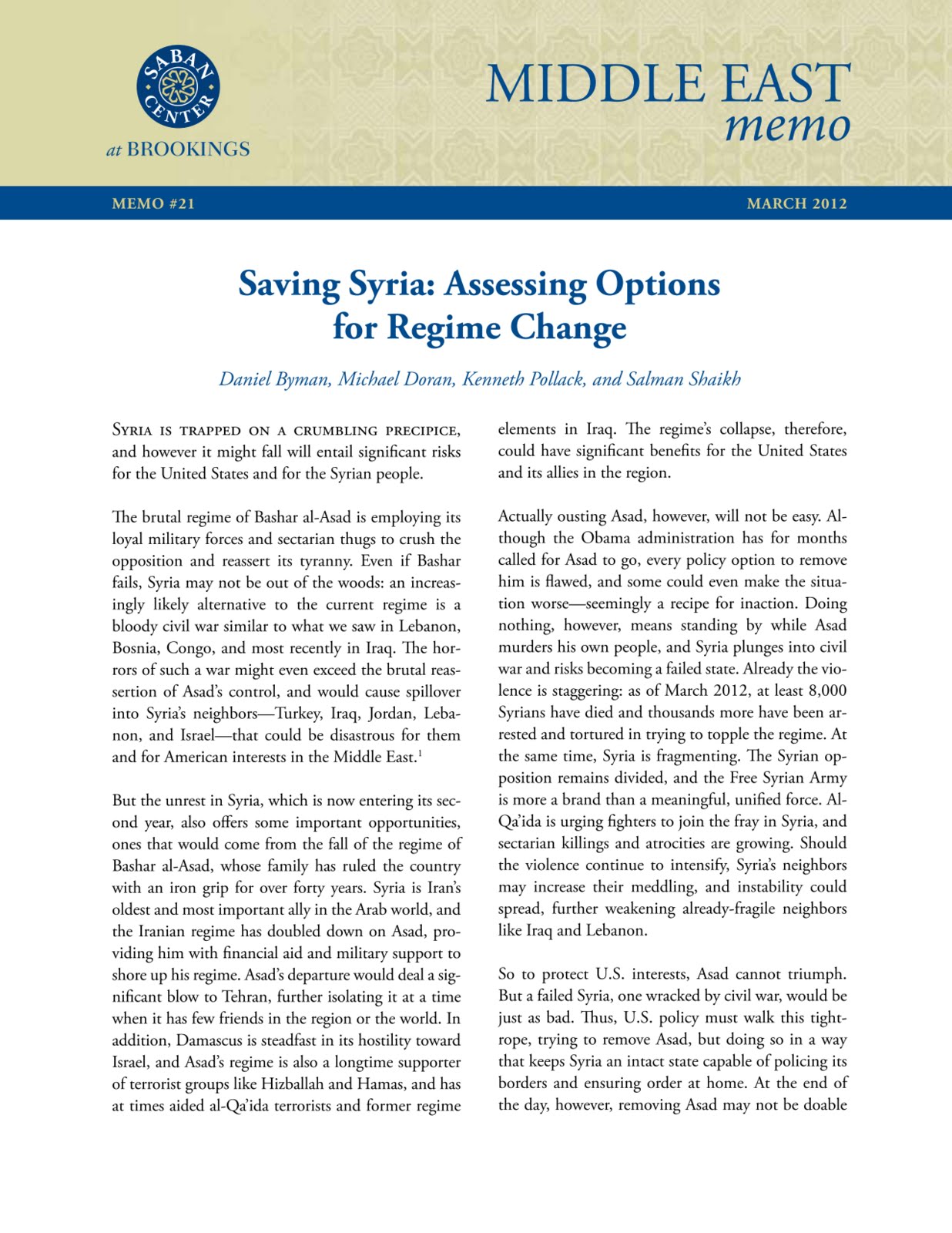 The report continues by explaining:
The report continues by explaining:





























